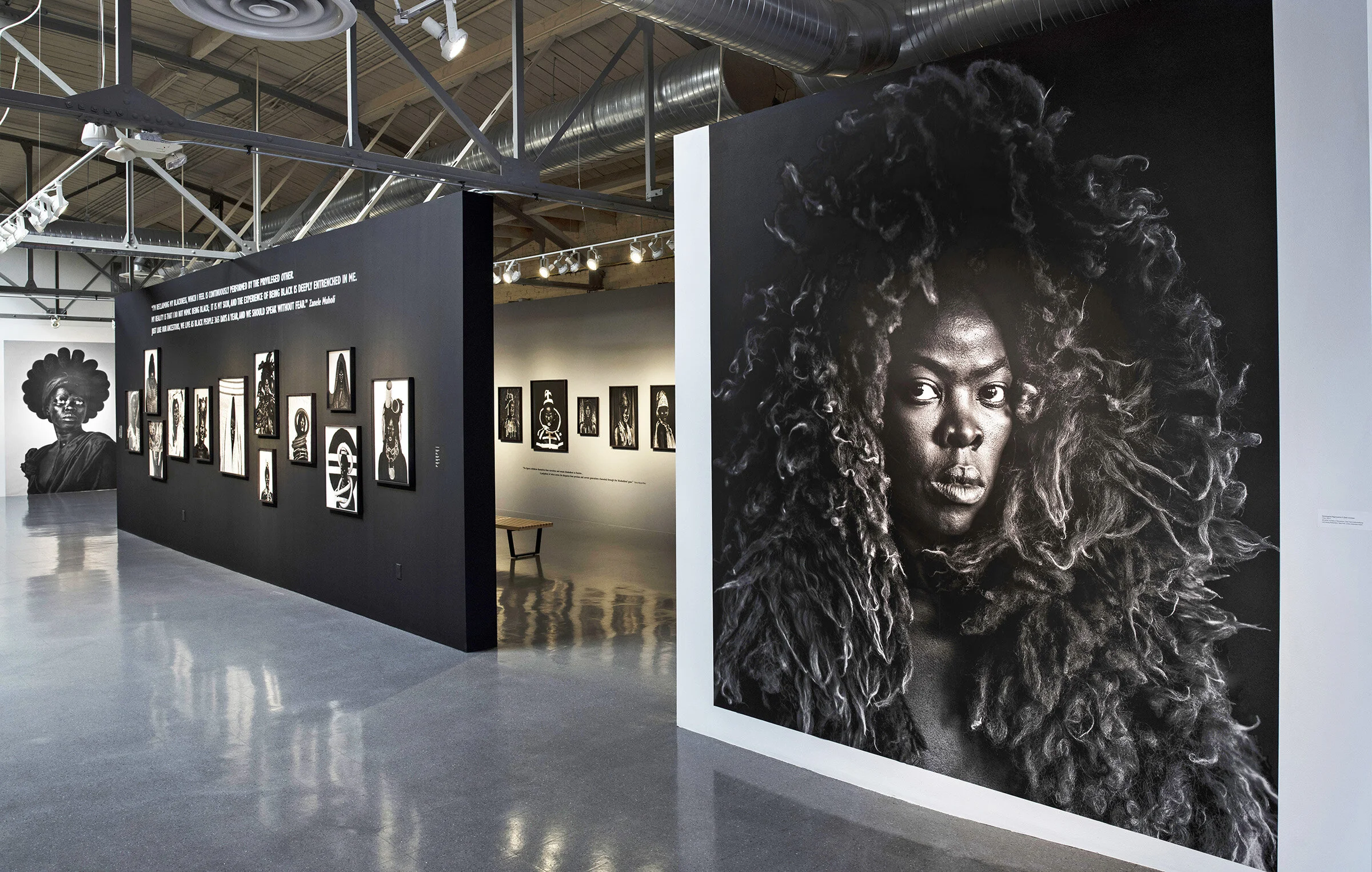Dr. Virgil DiBiase, MD, is a full-time neurologist and part-time photographer based in rural Indiana. He has exhibited his black and white photographs nationally, including at the Rangefinder Gallery in Chicago, the Strimbu Gallery at Valparaiso University, the Workspace Gallery in Lincoln, Nebraska, the Providence Center for Photographic Arts, and the Colorado Photographic Arts Center, just to name a few. His typical subject matter focuses on the people and spaces of rural Indiana. Photographic series such as My Indiana illustrate farm life, classic Americana, and the quotidian. For his project My husband won't tell me his first name, however, DiBiase chose to combine his medical profession with his photography practice. What emerged is a series of portraits and landscapes that exhibit what (dis)ability scholars Rosemarie Garland-Thompson and Tobin Siebers call the “visual rhetorics of disability” and “disability aesthetics”—two concepts that relate to viewers’ body and mind sensations when looking at photographs of (dis)abled bodies and minds.
Welcome to DARIA: Denver Art Review, Inquiry, and Analysis, a publication devoted to art writing and criticism focused on the Denver-area visual art scene. DARIA seeks to promote diverse voices and artists while fostering critical dialogue around art.





















